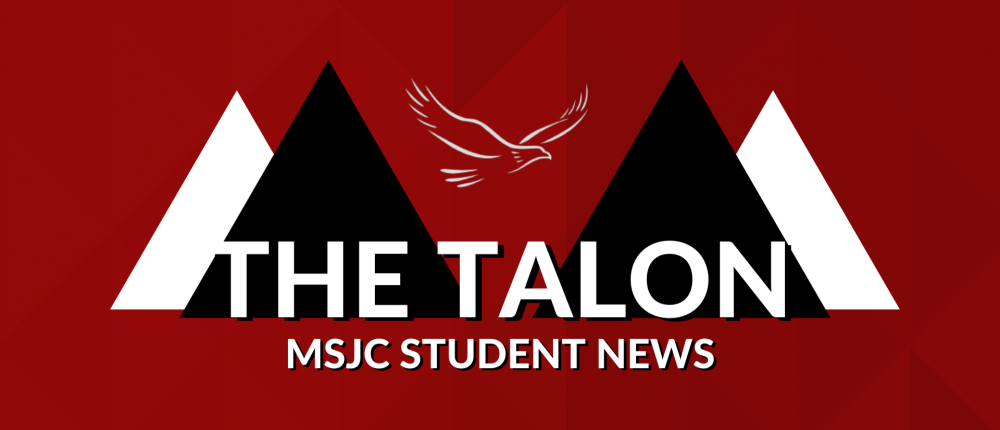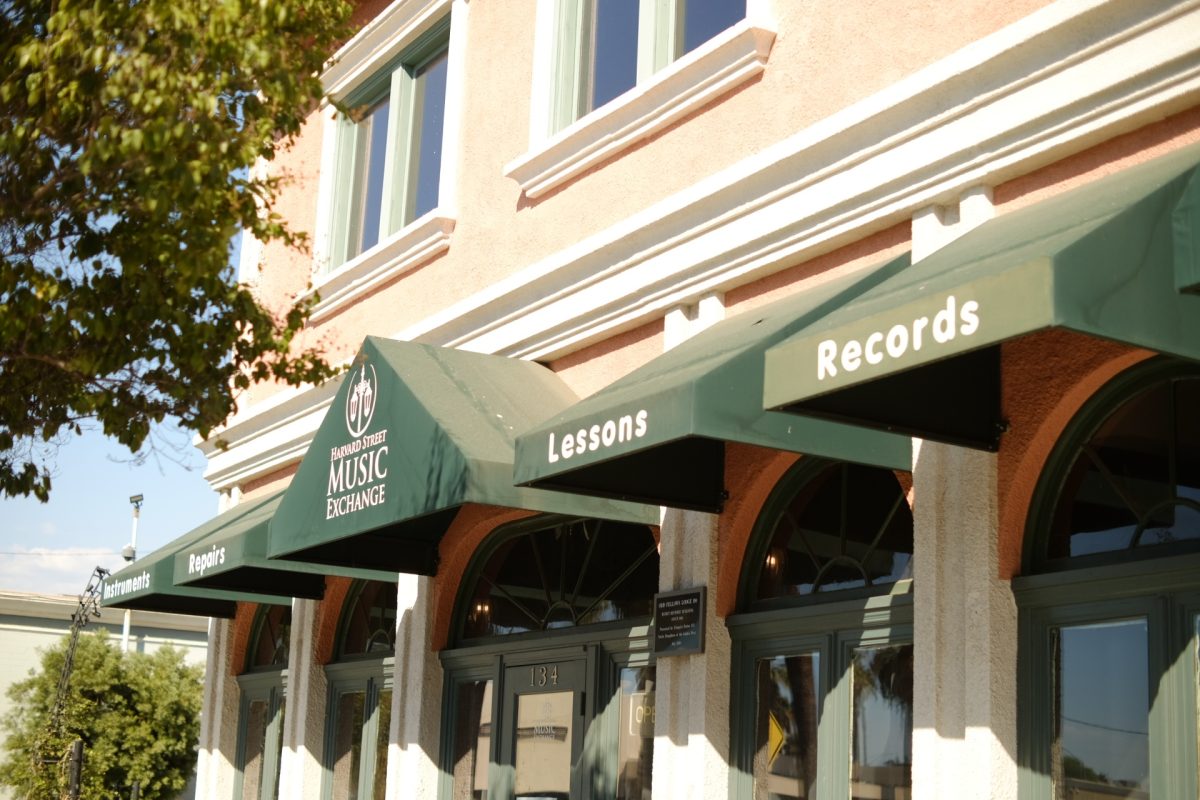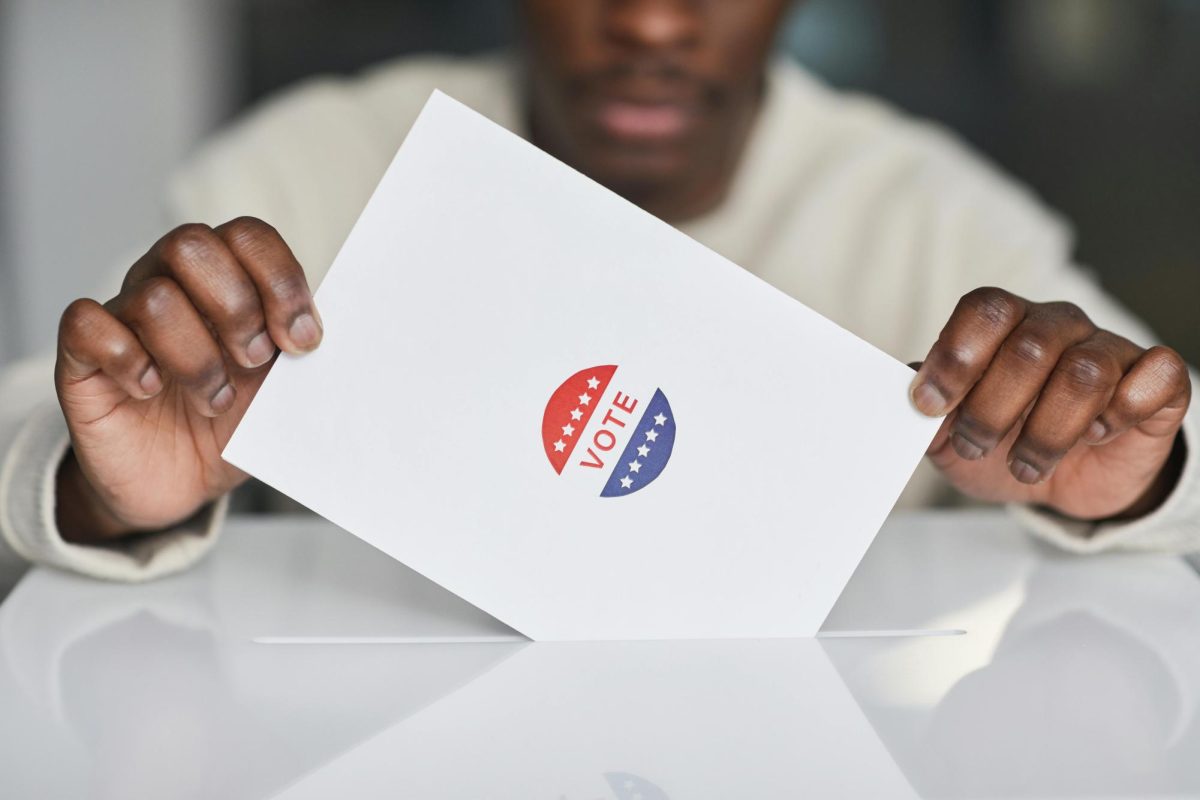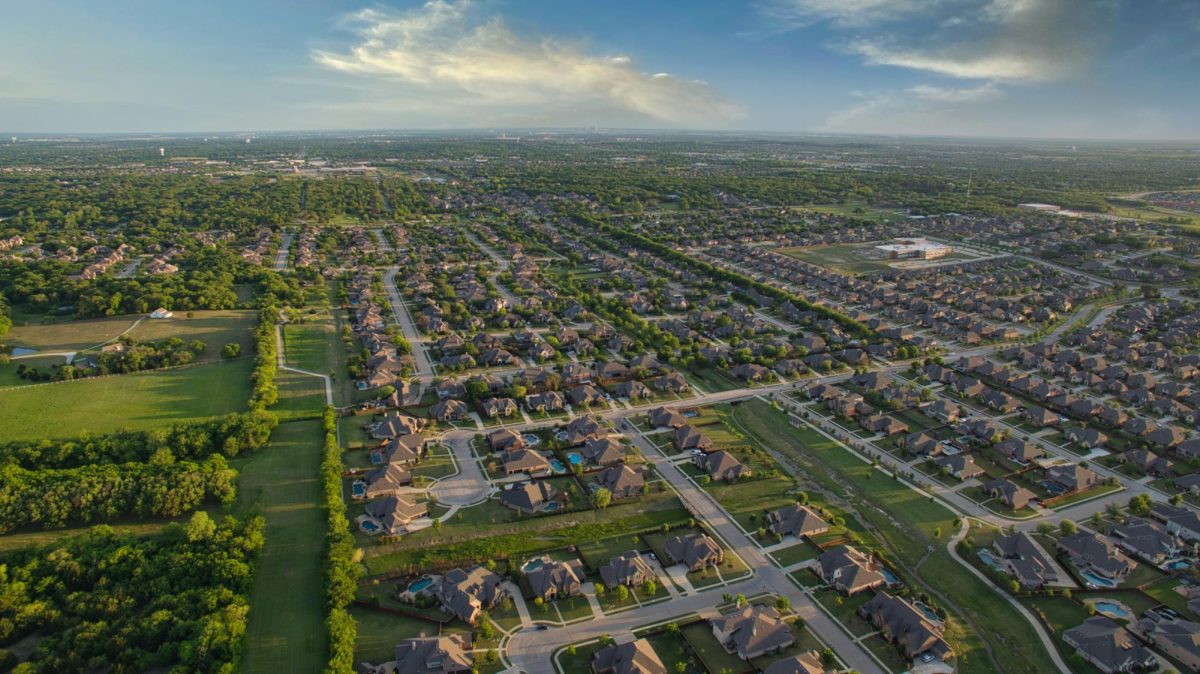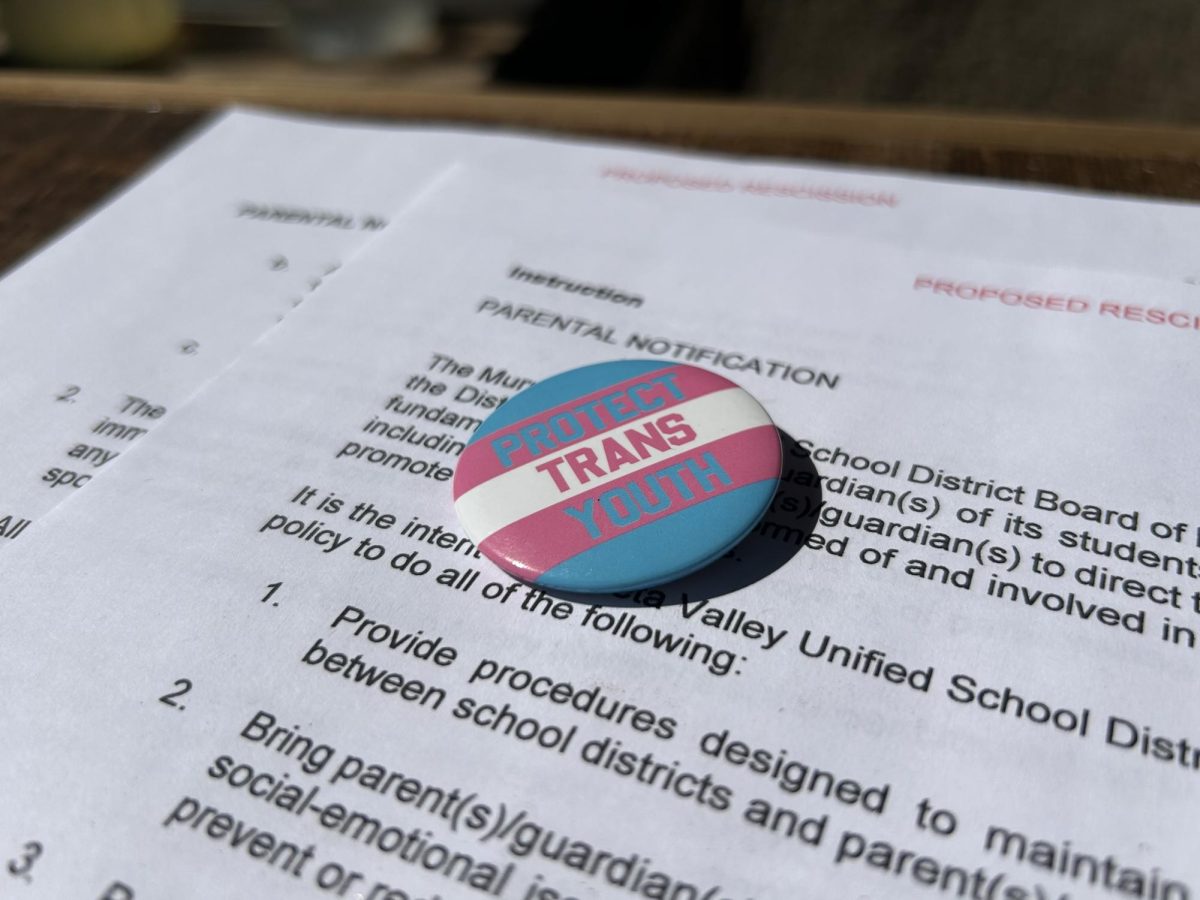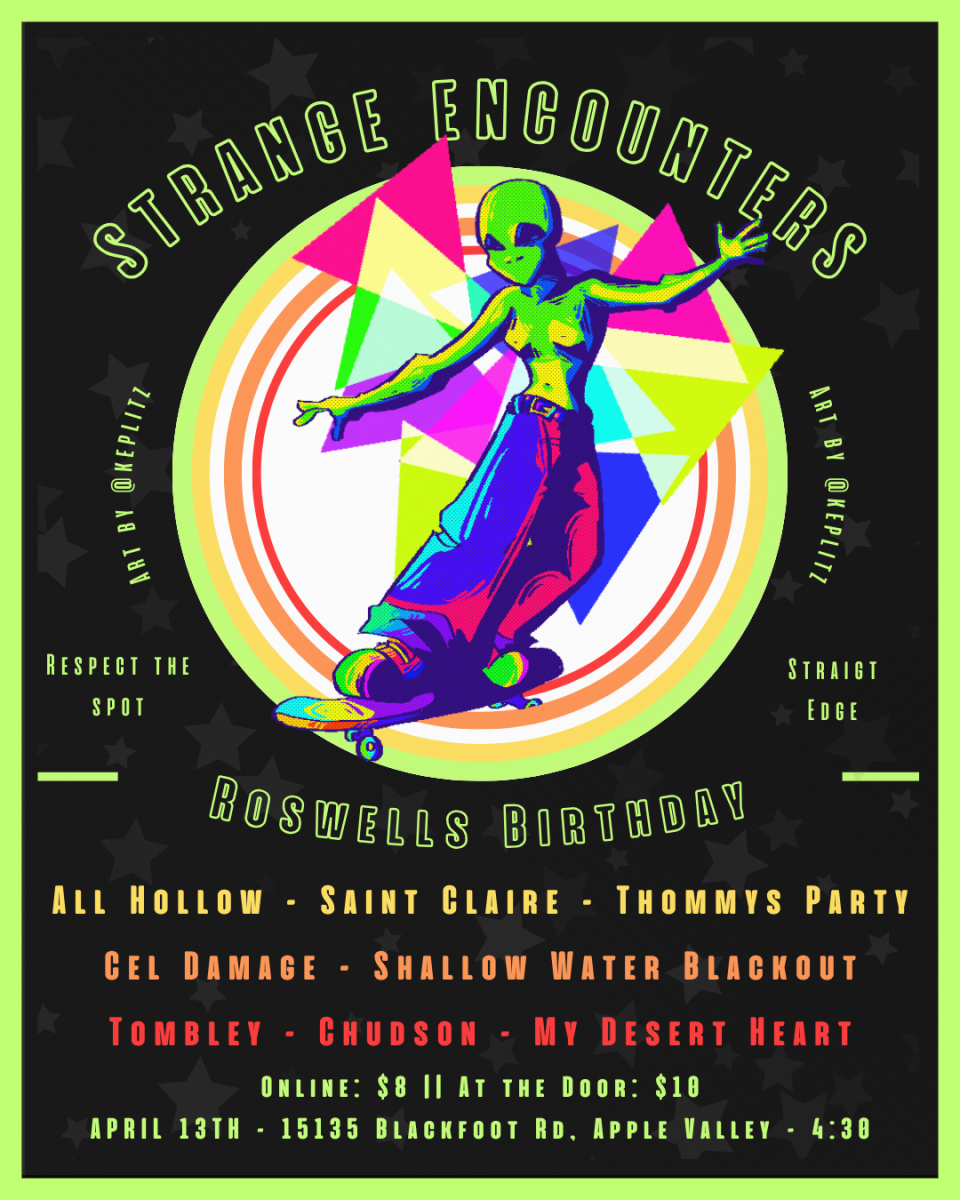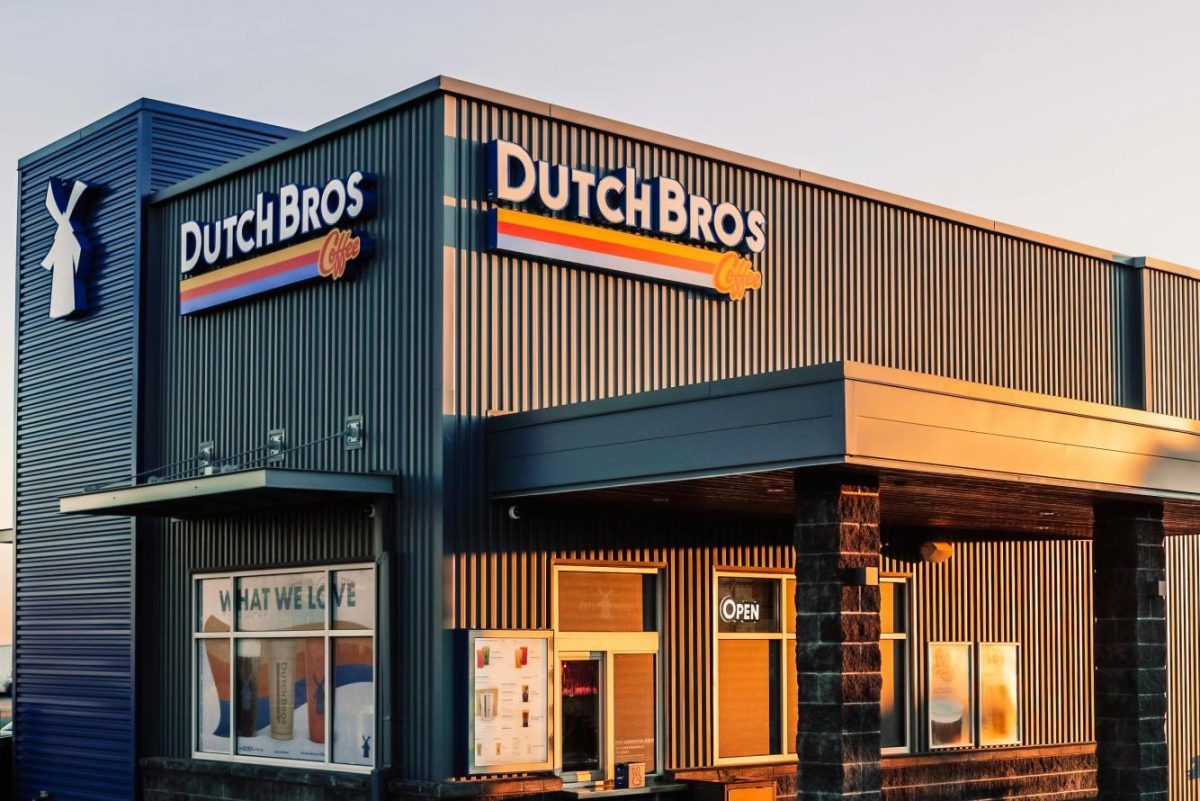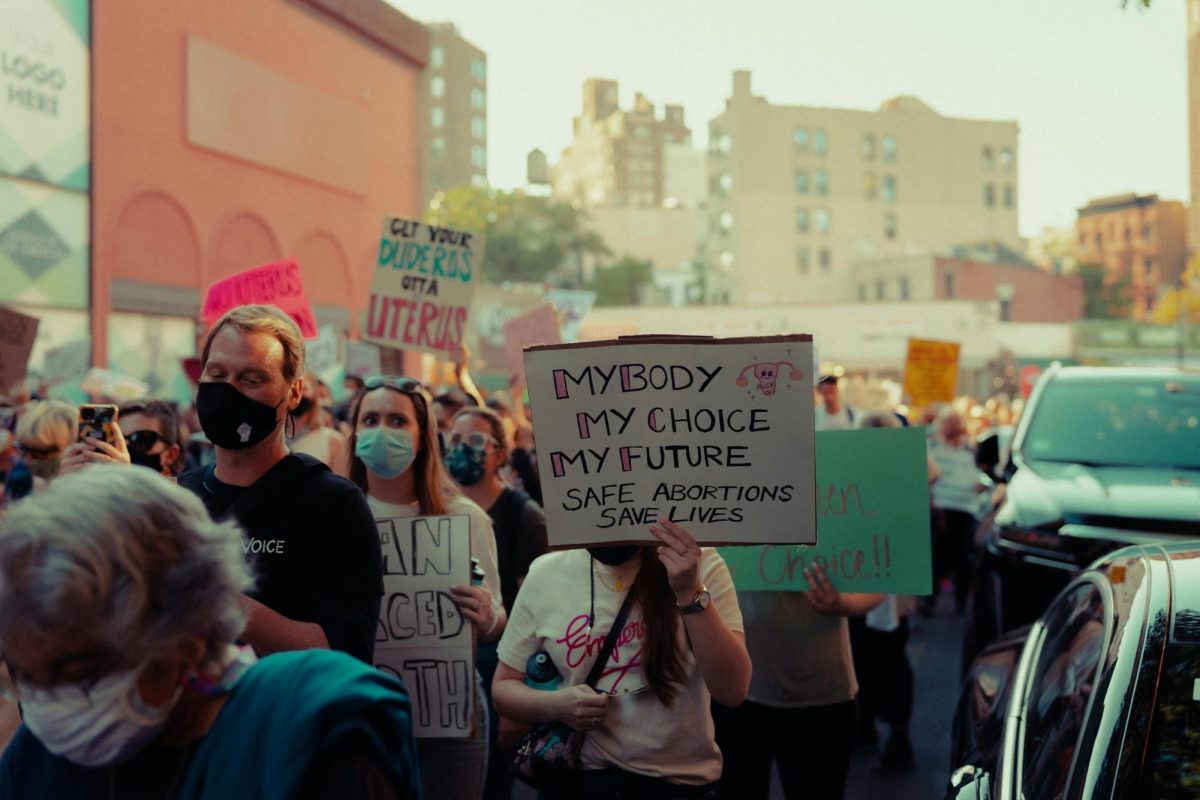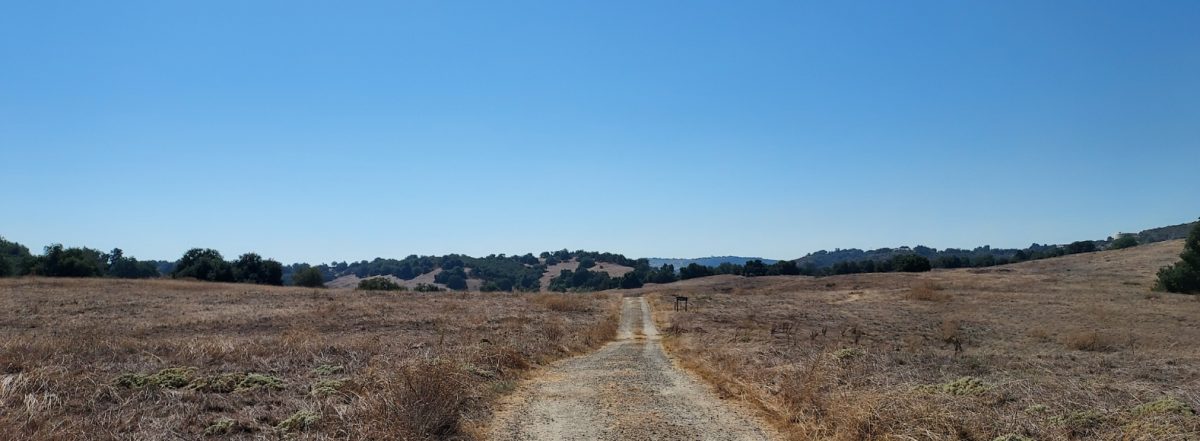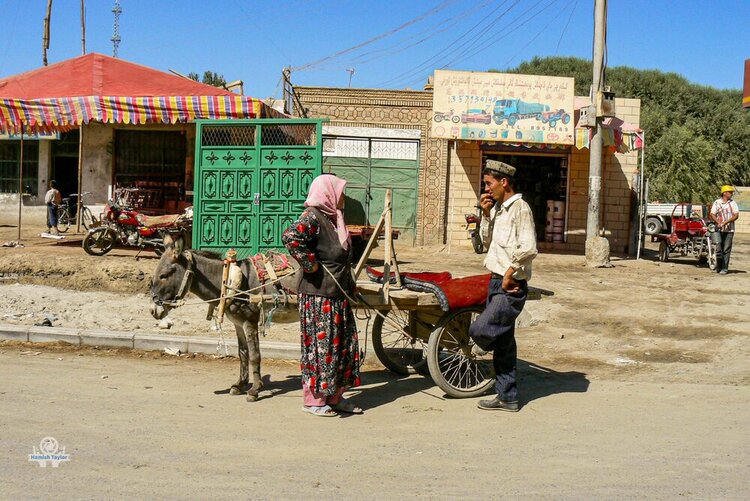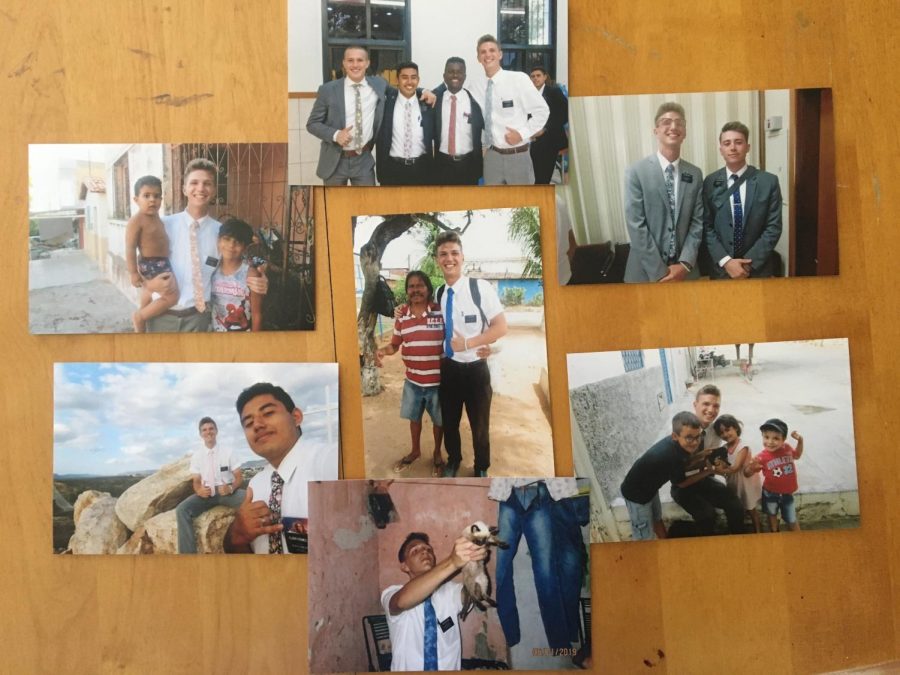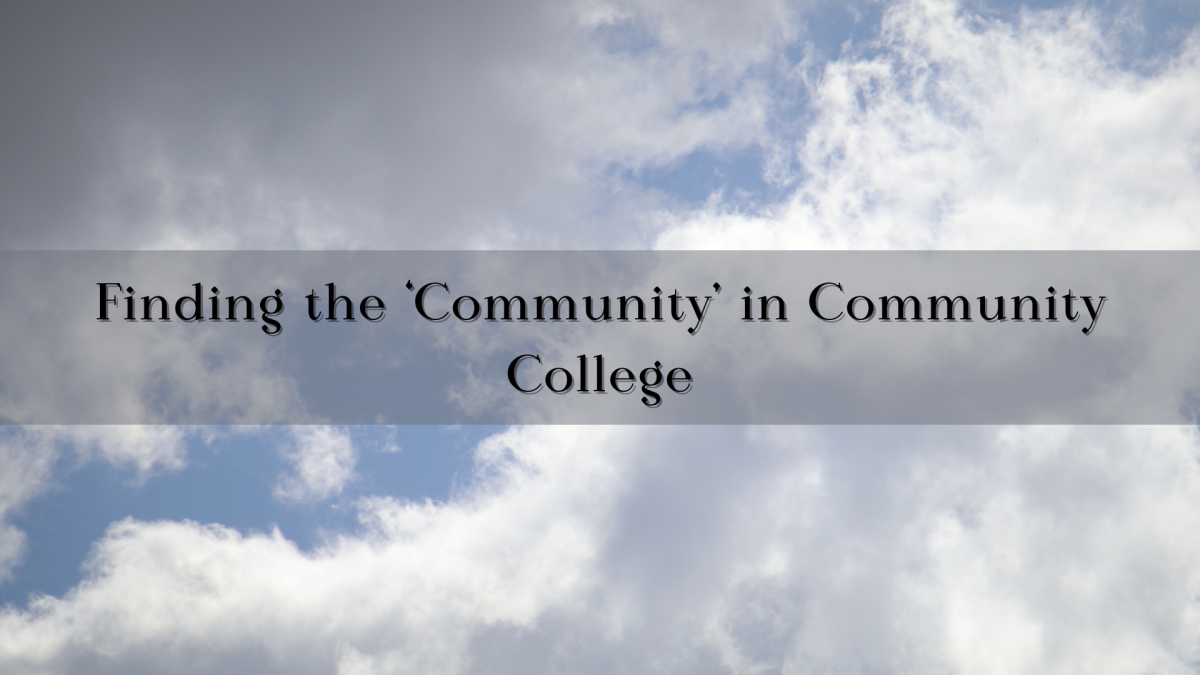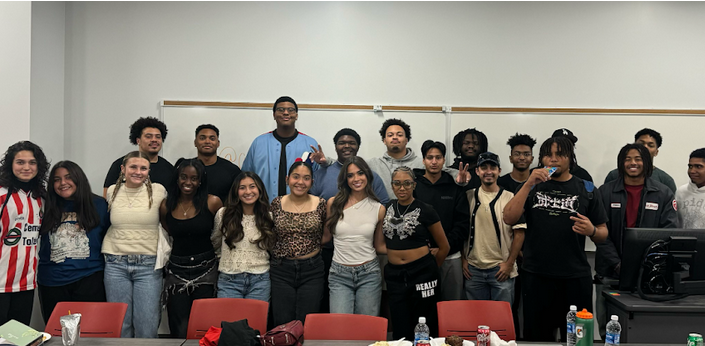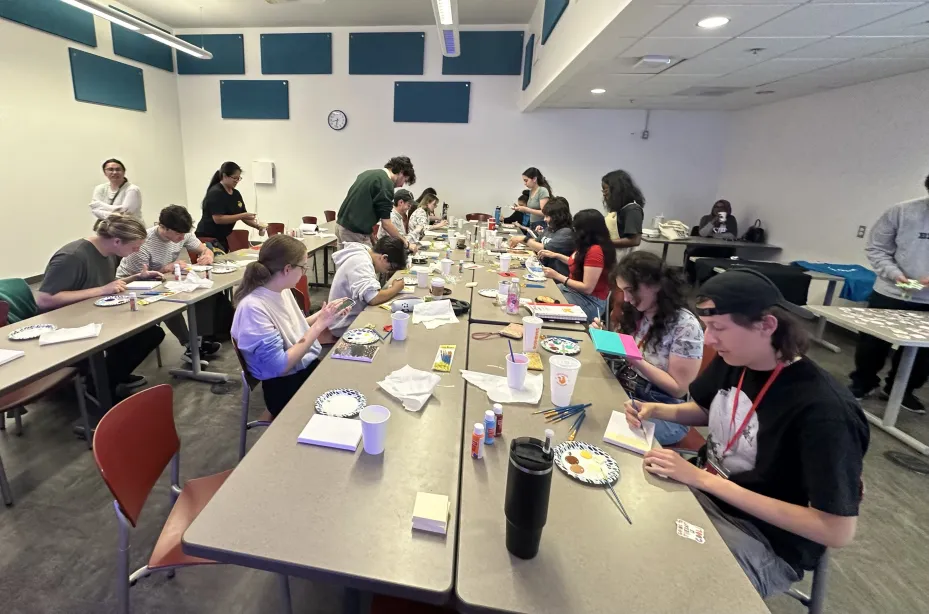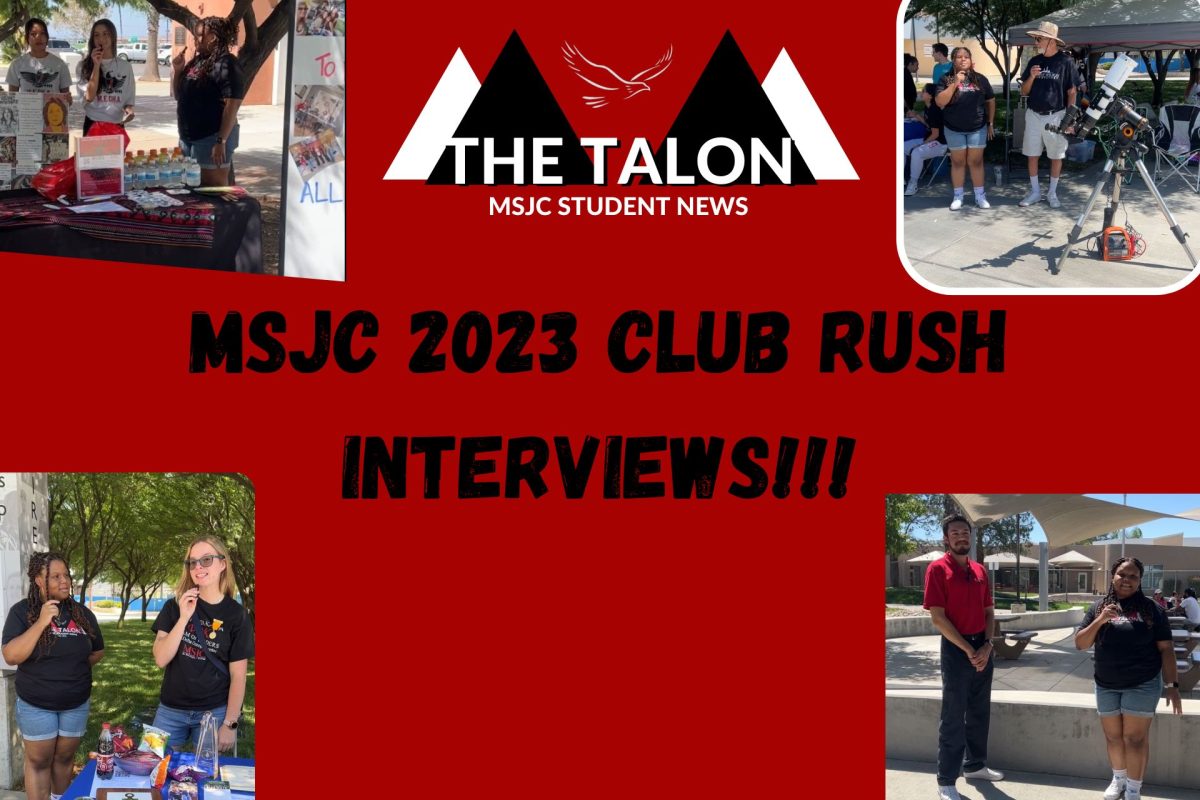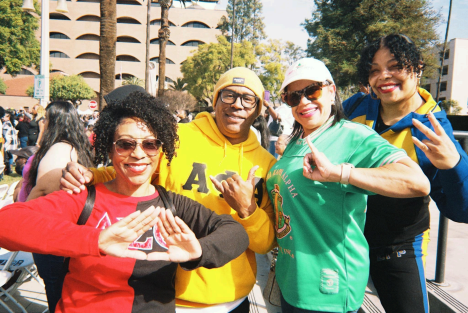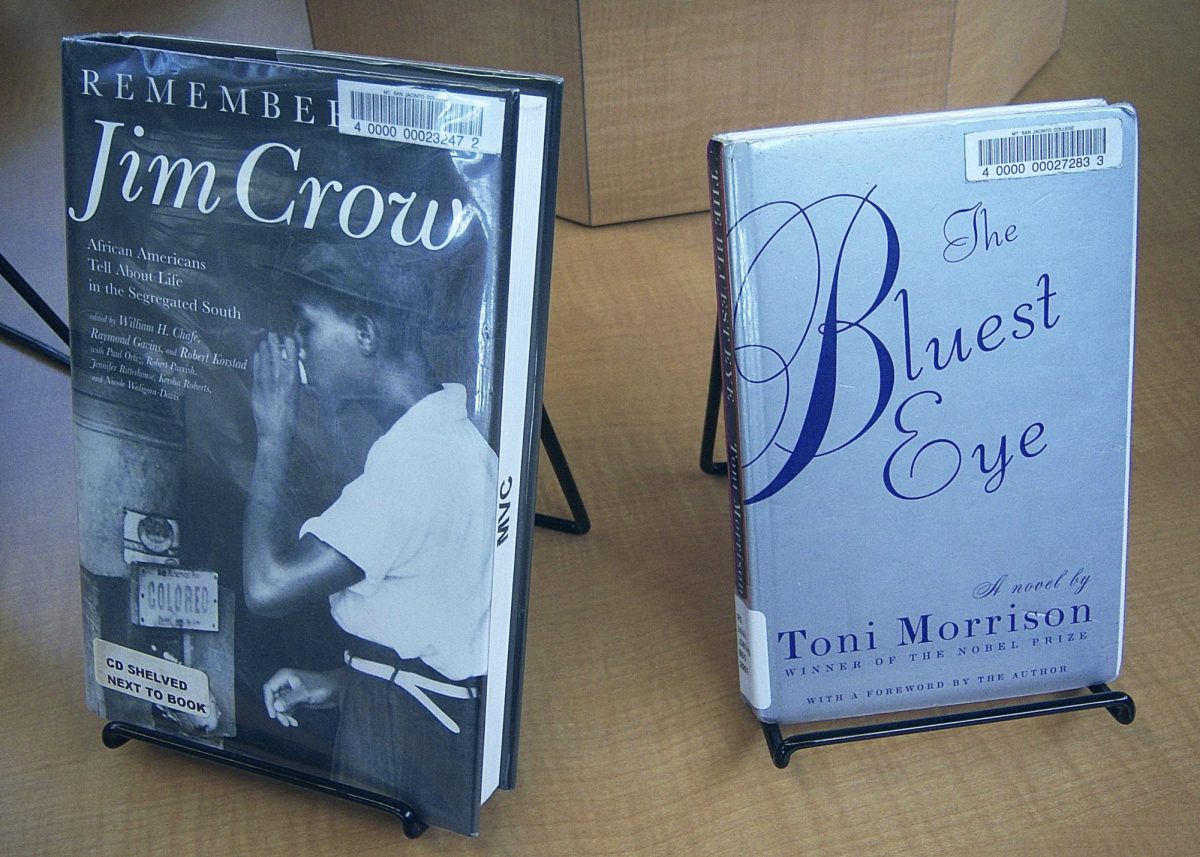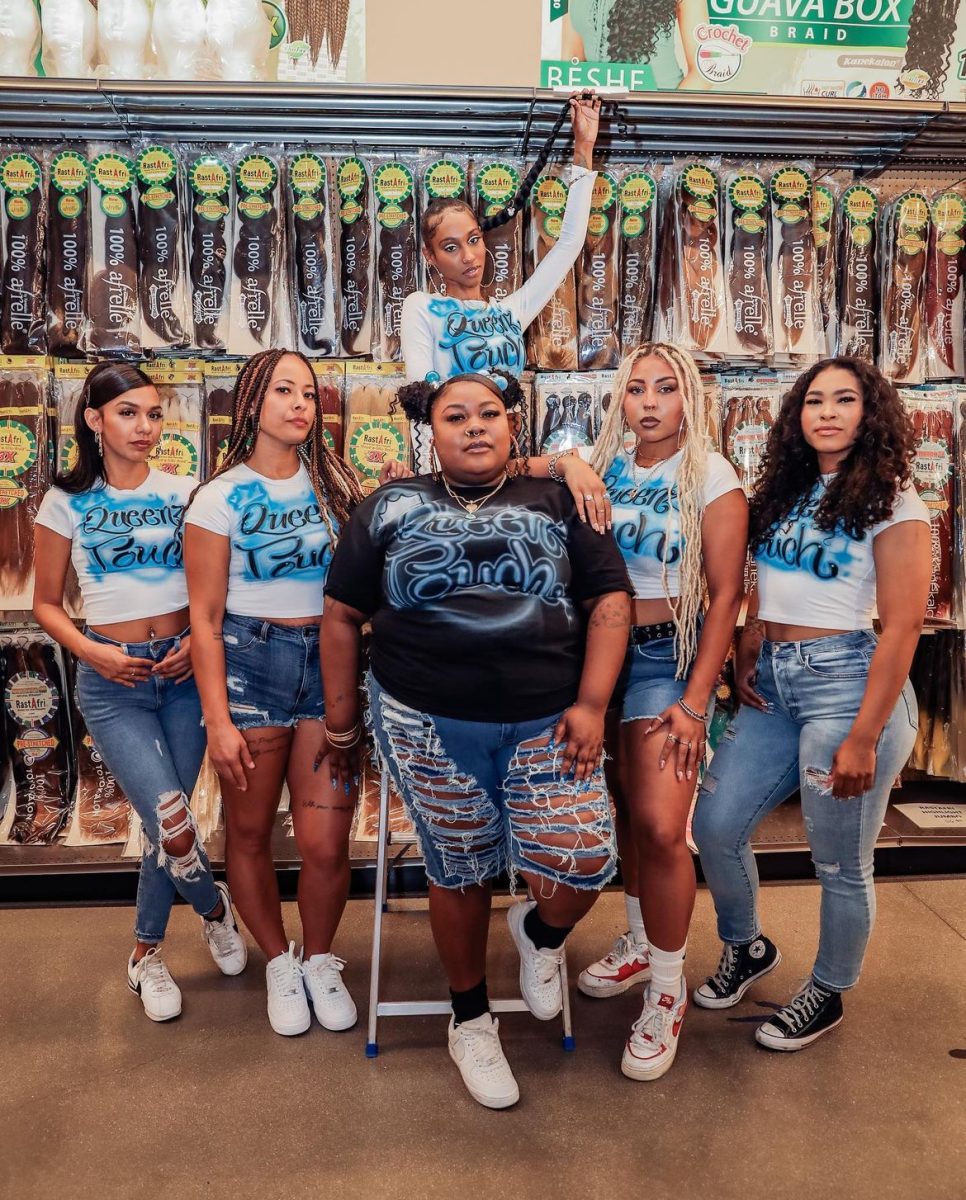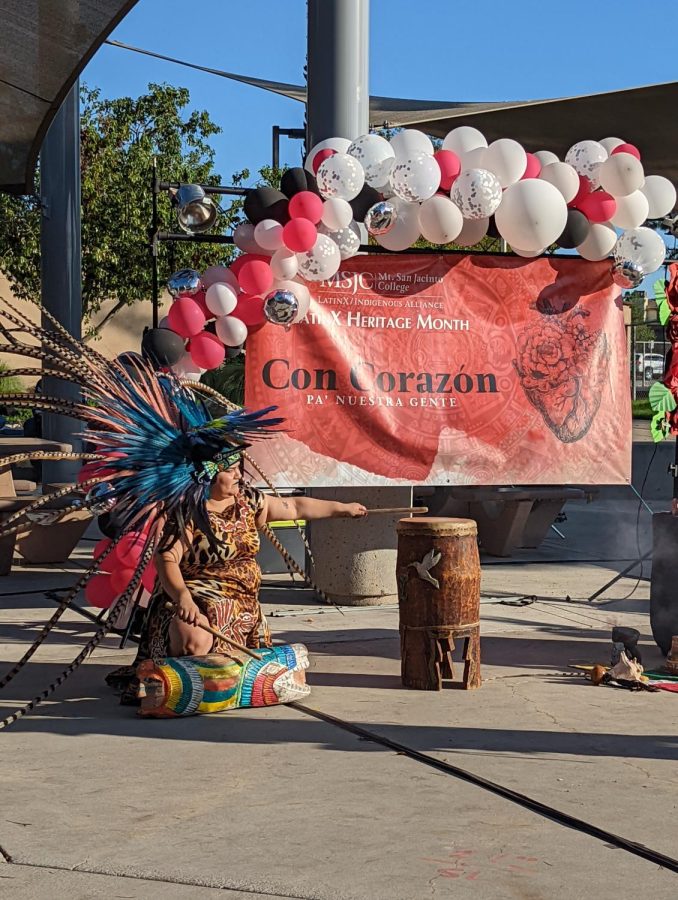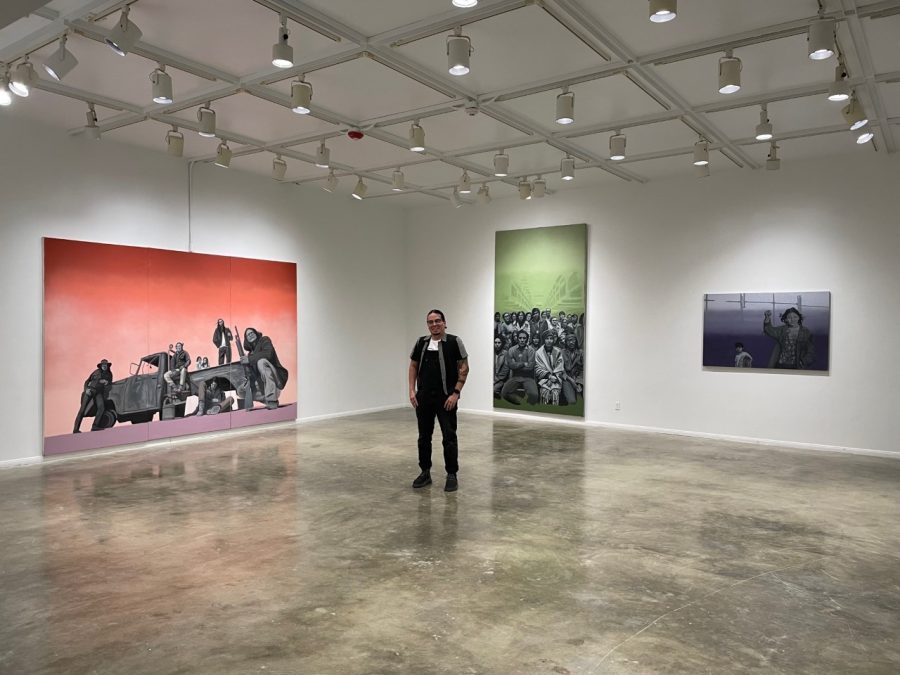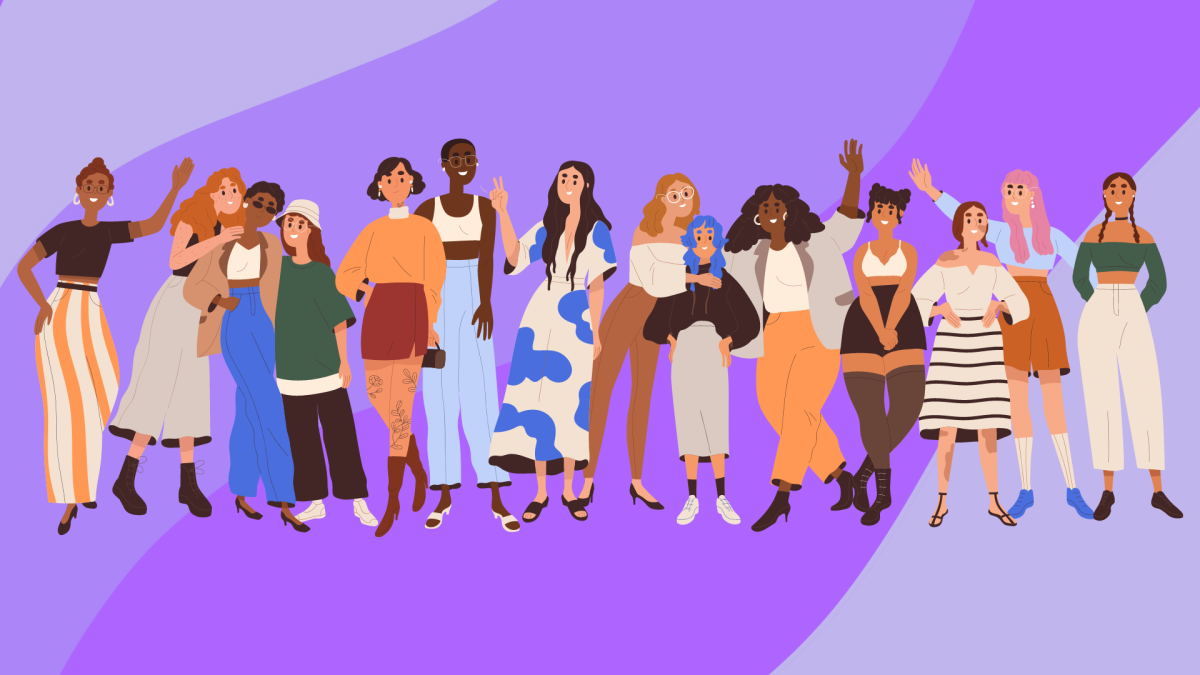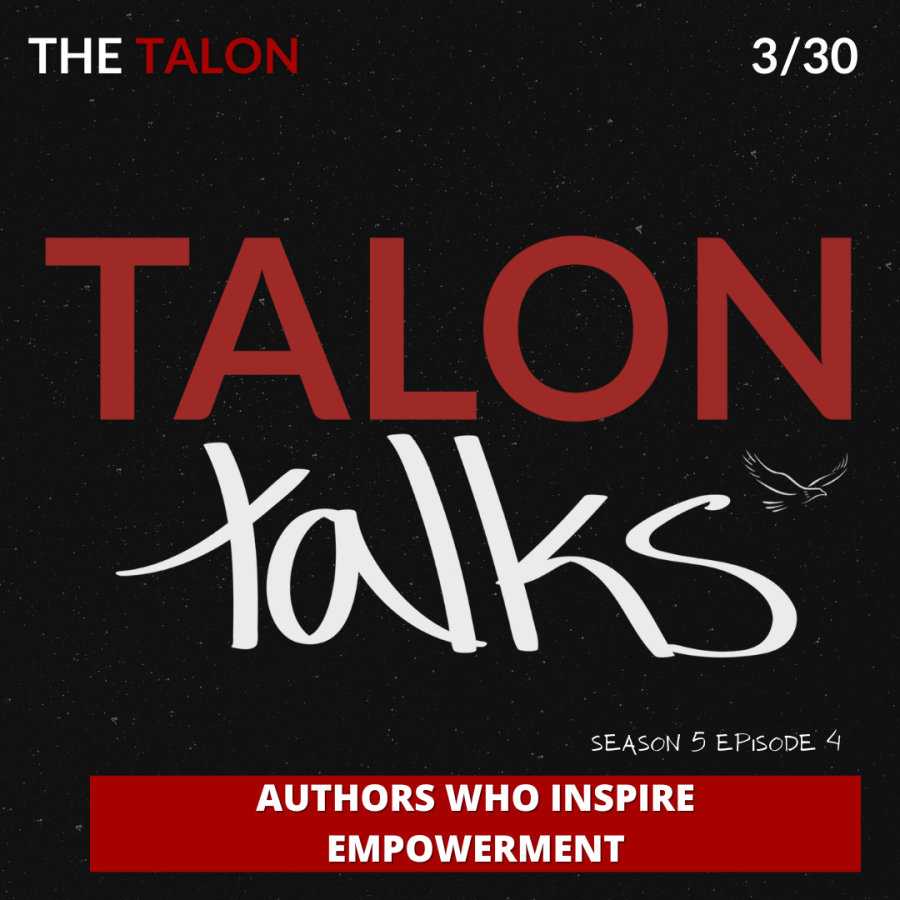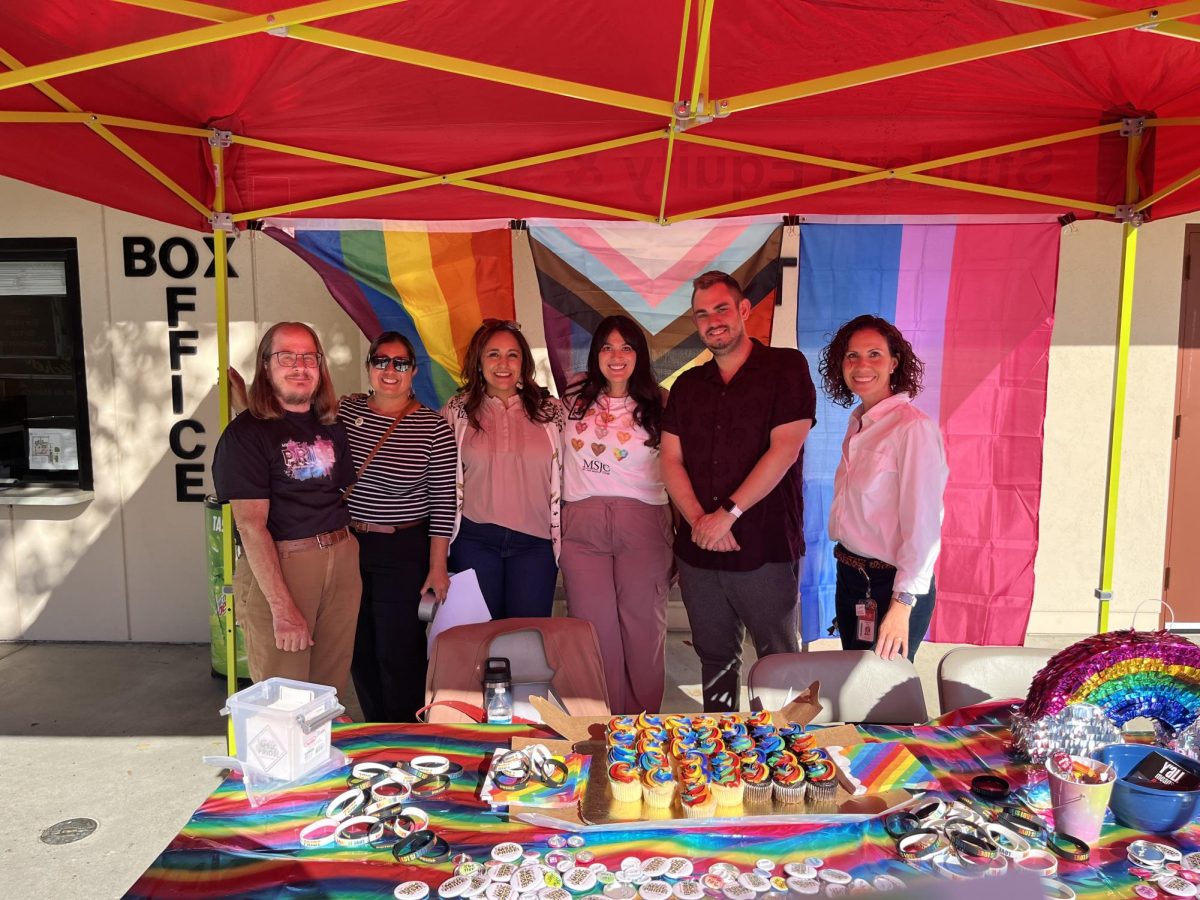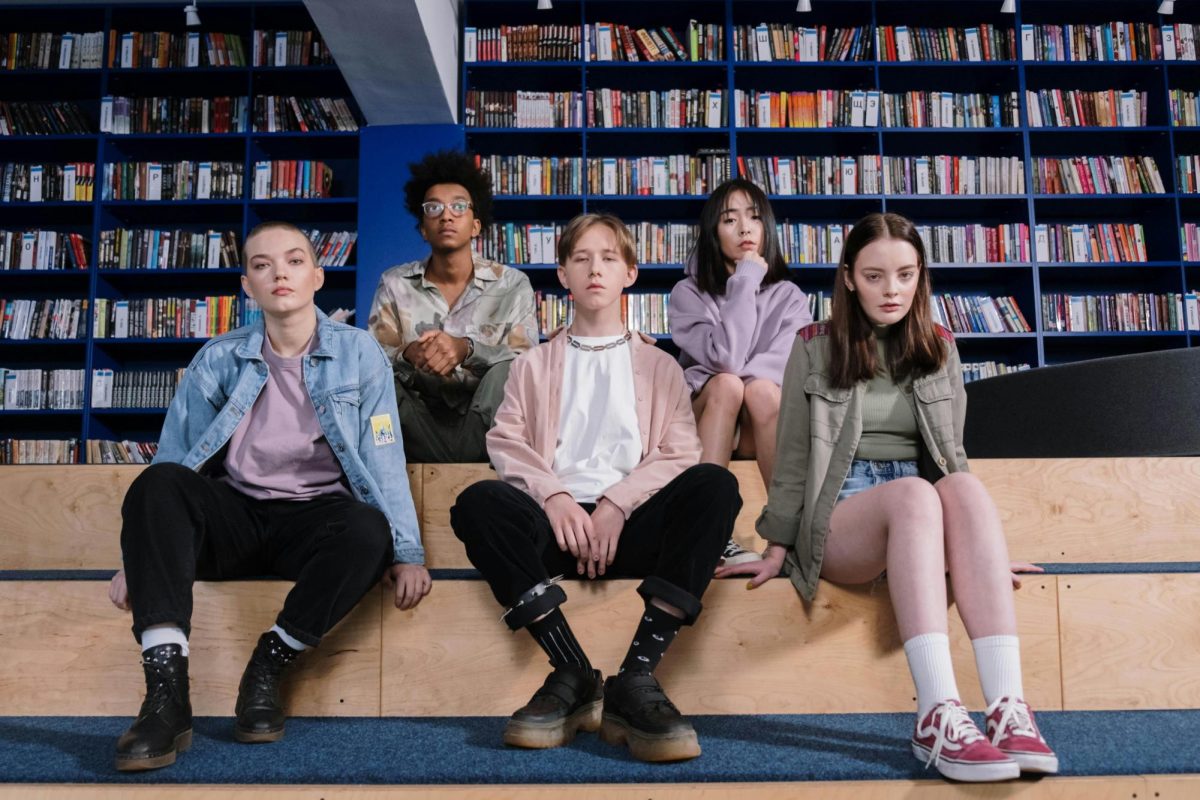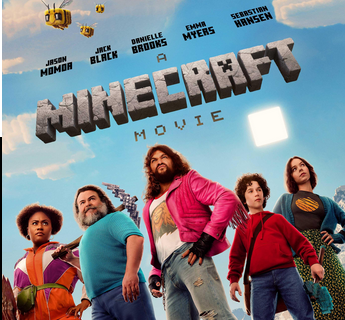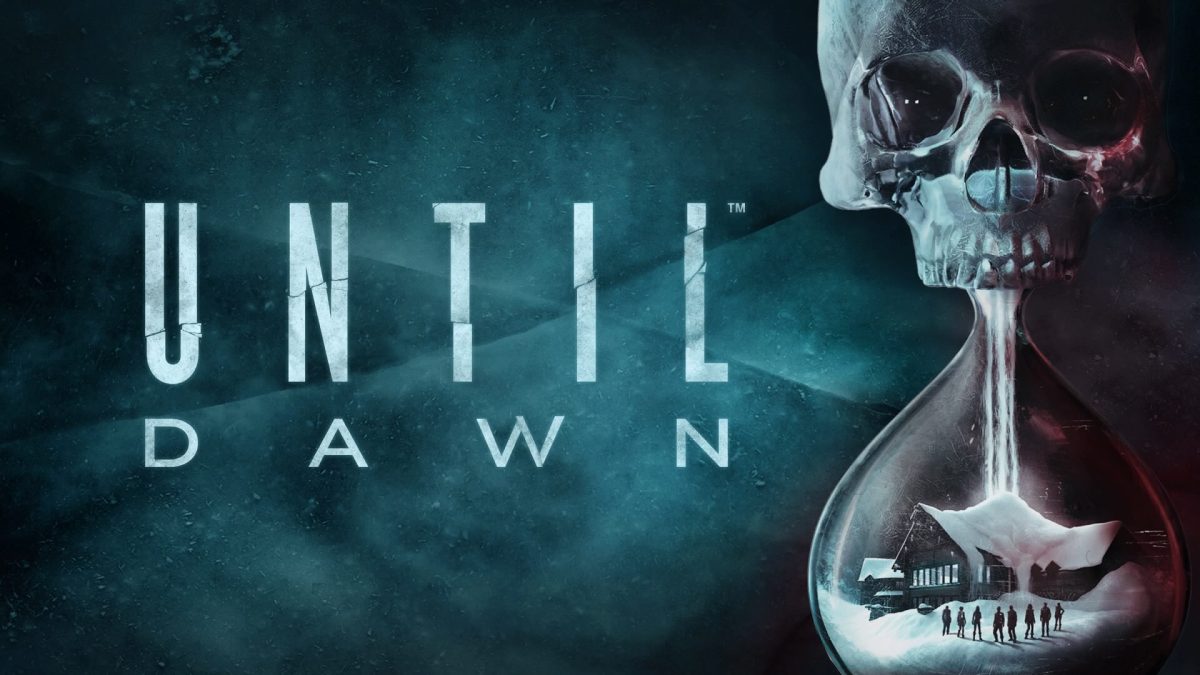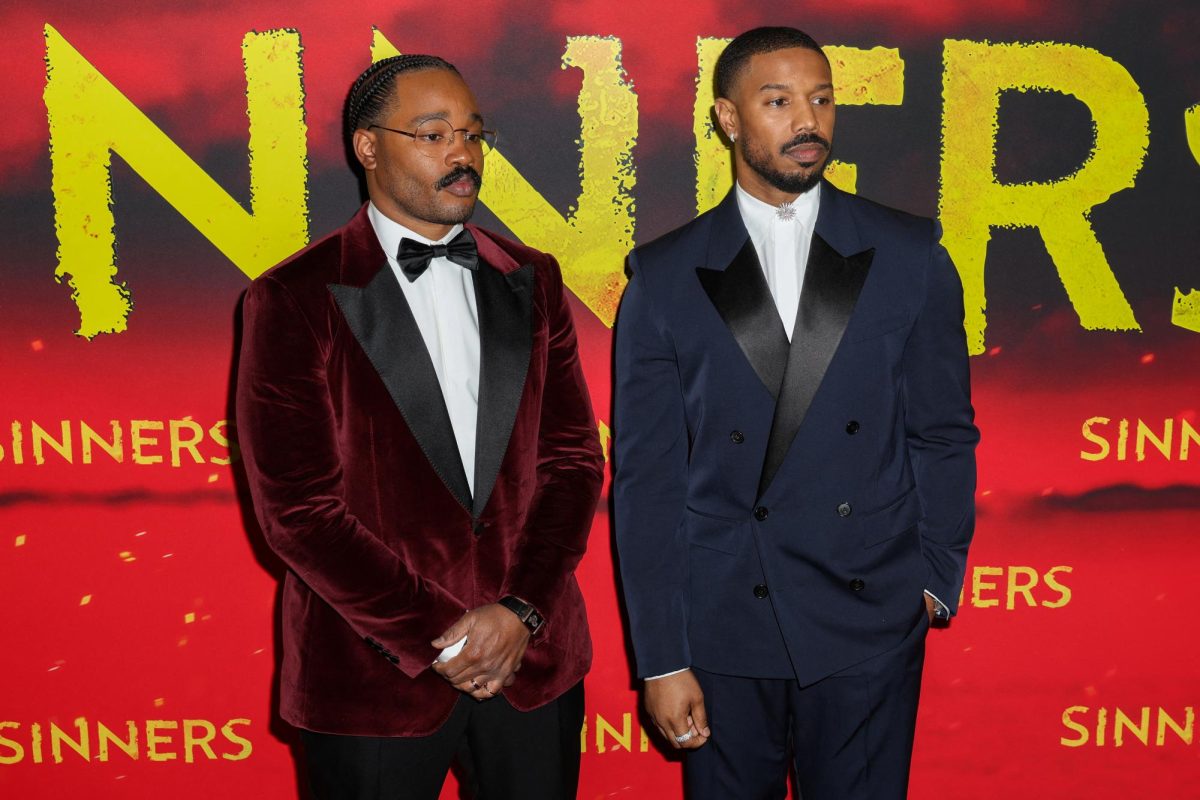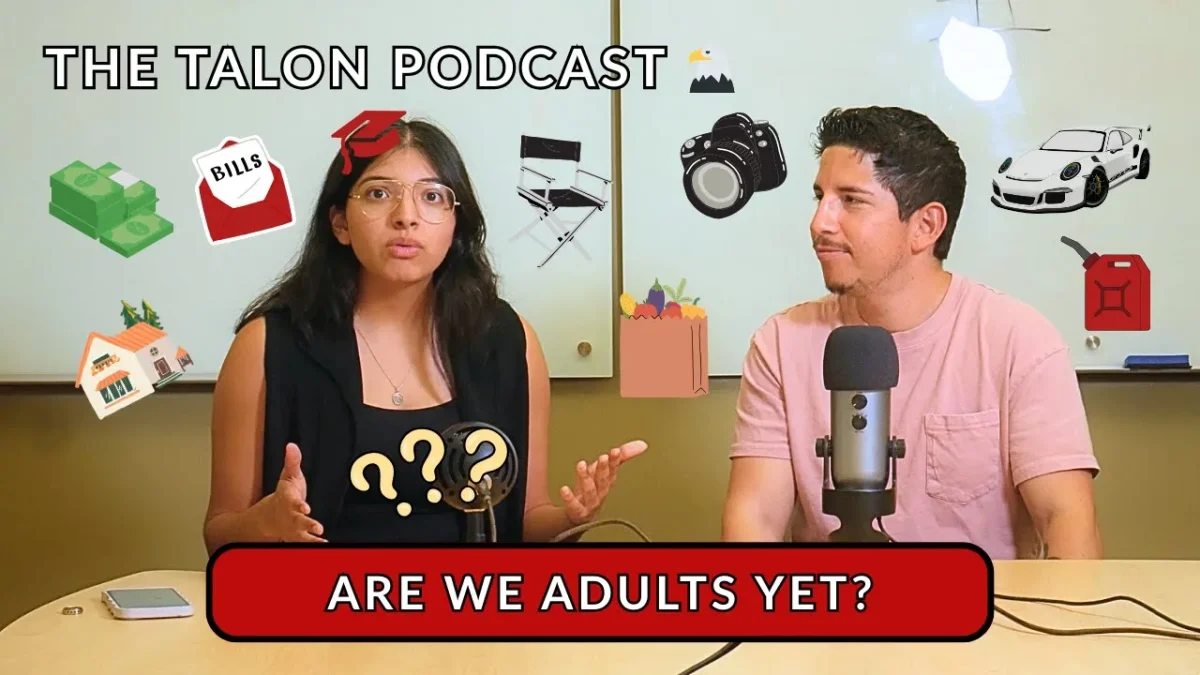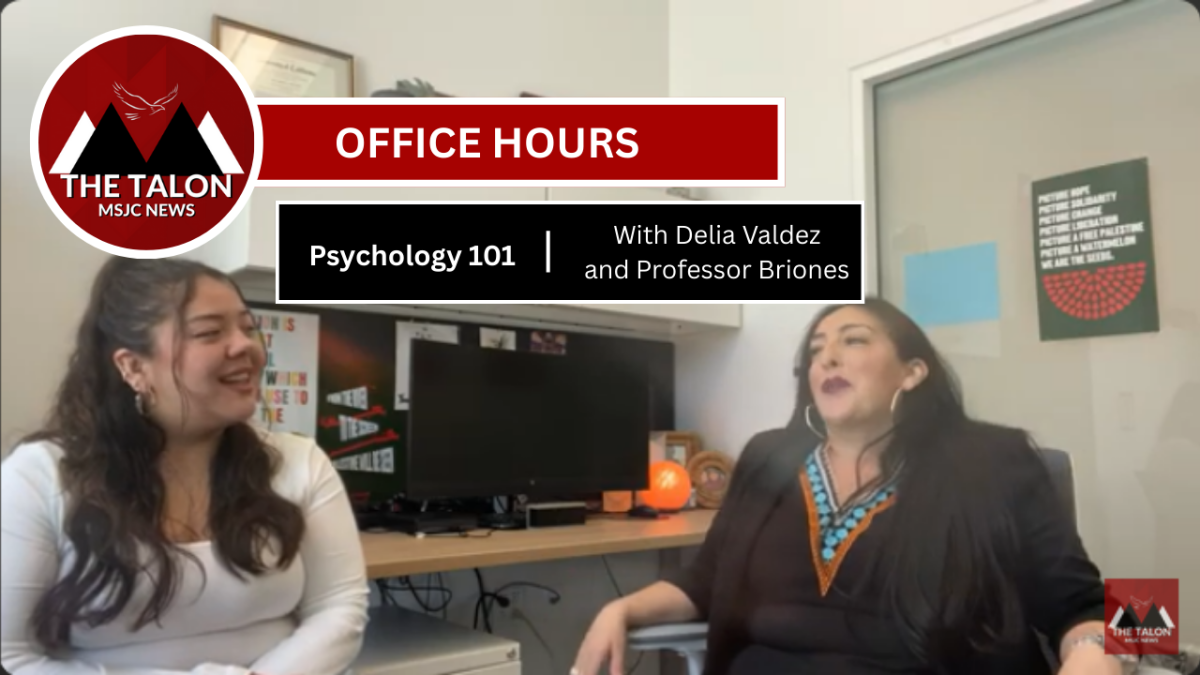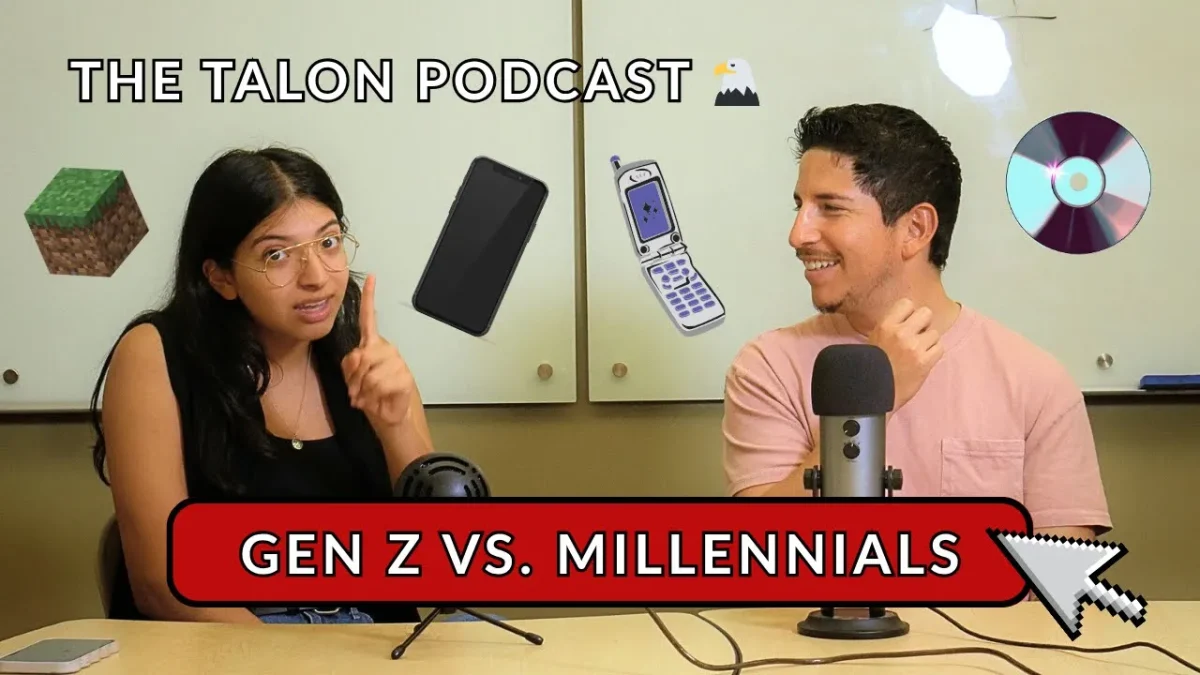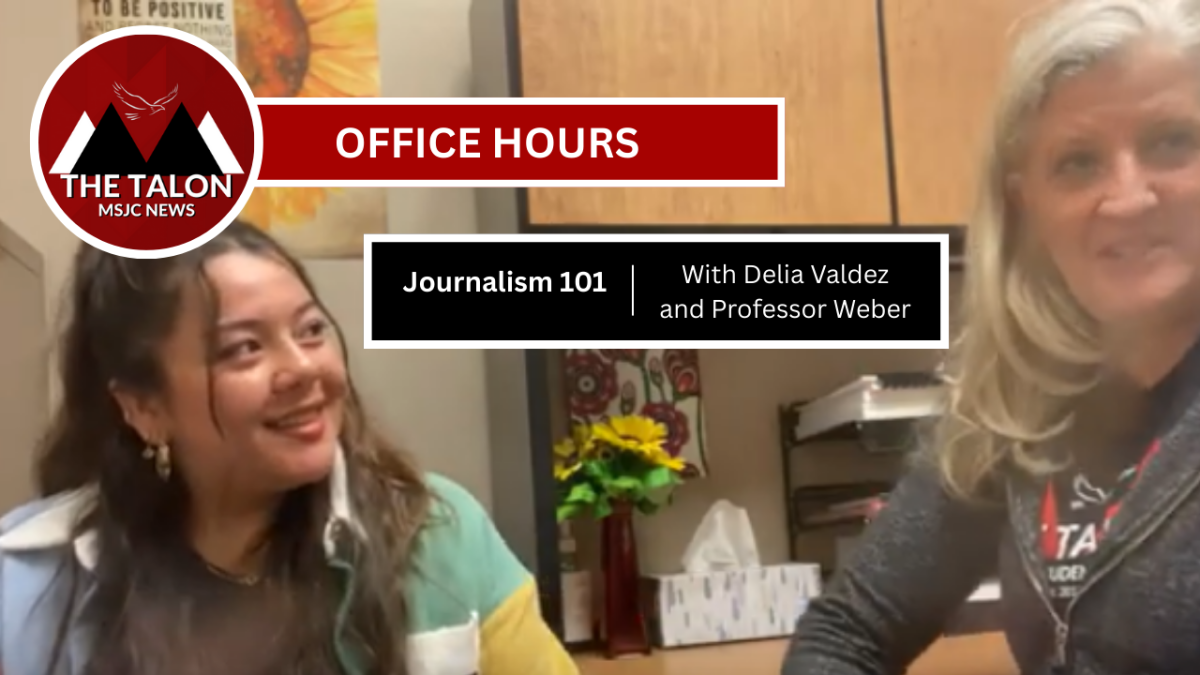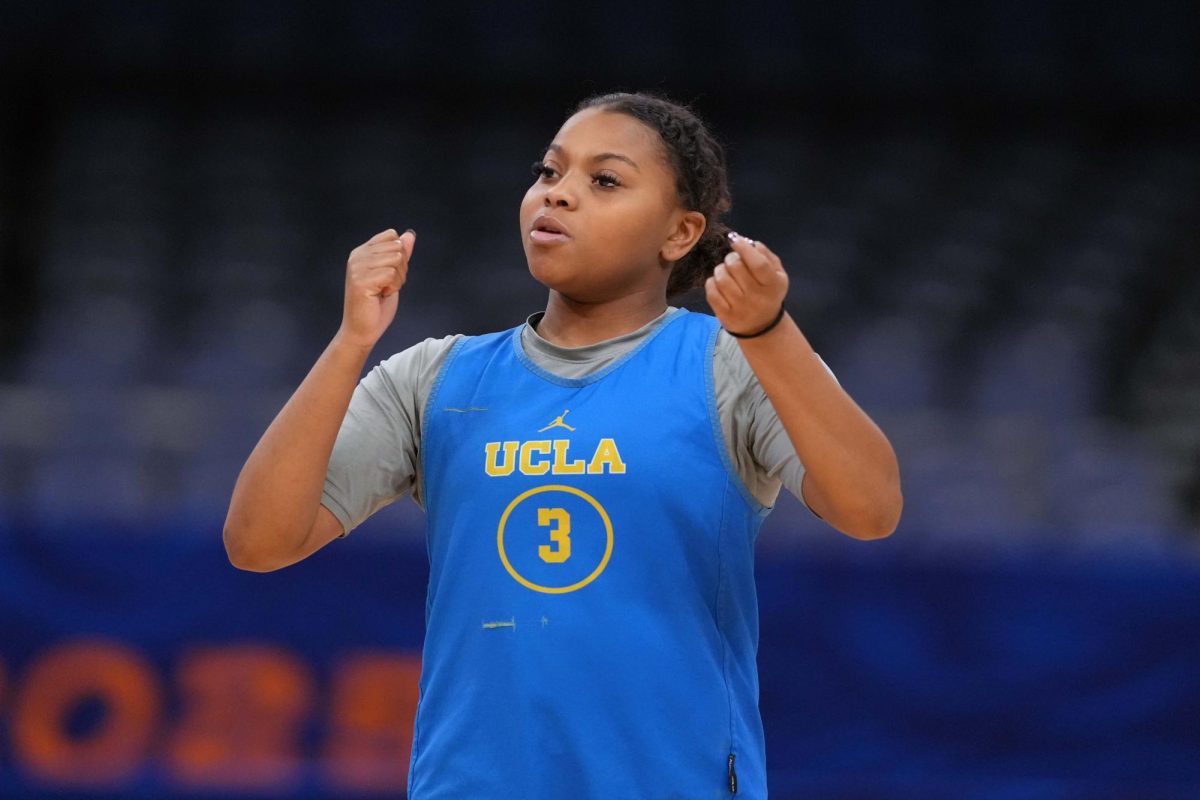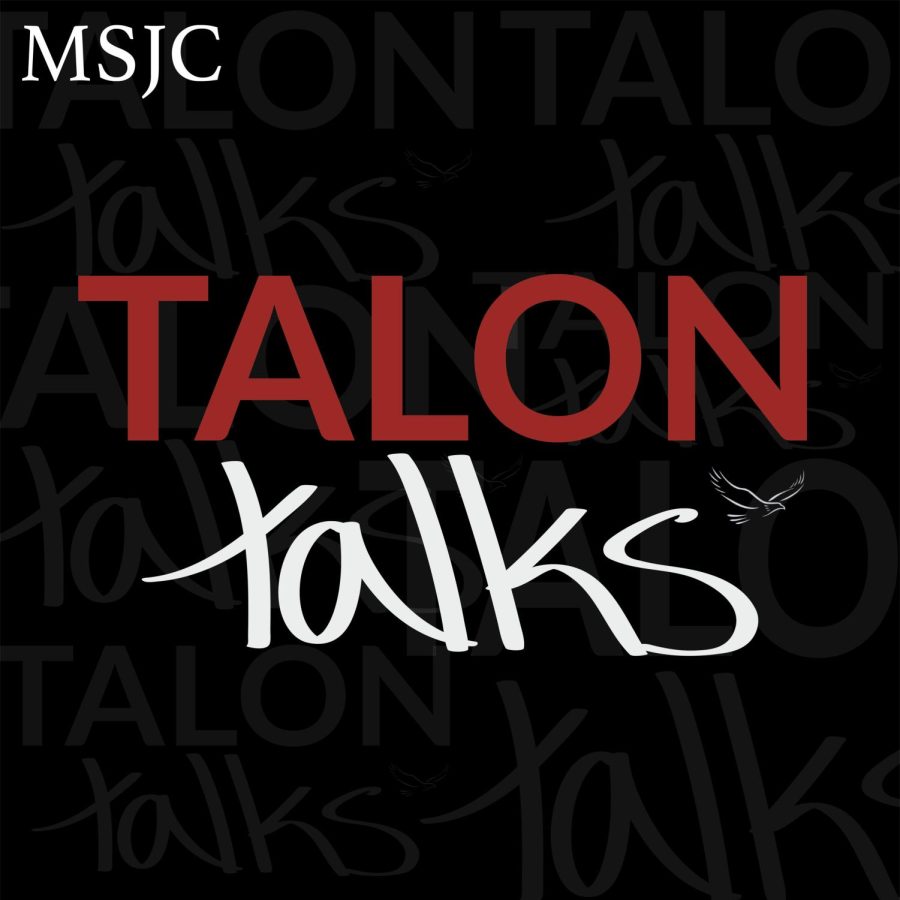Introducing the various opinions and research about Gen Z within the workplace, across all age ranges, starting from Gen Z themselves and older generations before them, to see why the finger is being pointed at Gen Z for being lazy. Is it laziness or just the lack of opportunity that is holding this generation back?
Gen Z: Indolent or Industrious?
The new generation spreading its wings within the real world is Generation Z, including those who graduated from high school and are moving on to college. To hopefully get a job within the real world to experience what it’s like to be an adult. Generation Z has always been taught growing up at home and in school to work hard to get a good education, a good-paying job, and to afford a happy and healthy lifestyle. But what happens when Generation Z isn’t given the same chances as older generations to prove that they can work just as hard as the older generation to provide for themselves?
How older generations see Generation Z
I interviewed two old coworkers and asked them how they feel about the younger generation within the workforce. They said when Generation Z First started working out of high school and got their first job, they sensed a bit of laziness within Generation Z. With their quickness to pick up tasks during their shift or not staying after when asked by management, they saw it as passing up a good opportunity for more hours and money. The same goes for when Generation Z is asked to come in on a day off and they decline. They see it as wasted potential since they felt like Gen Z puts other things first before work, yet complain about insufficient money or hours. Besides that, they also did throw in some positive acknowledgments as well, understanding that Gen z also wants to have a life outside of work to the point where they could clock out and also have time for fun plans, but they believed they shouldn’t put those plans before work. They also acknowledged that Generation Z is hard-working when they have a goal in mind, such as picking up extra hours to afford concert tickets, a new car, or a fun trip somewhere.
The next interview was with coworkers who are around my age and younger. Generation z, and what they had to say about working with the older generation whether older coworkers or older management, they have said that the older generation is sometimes less warming when it comes down to a shift and can sometimes be a bully, as in trying to micromanage. The older employees use their age as an excuse to treat the younger coworkers with a poor attitude; They also said they wanted the same respect that they give the older coworkers or management, instead of automatically expecting it along with management refusing to hire younger workers, since they are quicker to defend themselves against rude attitudes from older coworkers. They also added some positive acknowledgments, such as learning more from their older coworkers regarding budgeting or life advice, along with understanding that they come from two different generations. I would also like to point out a video that I came across during my research about a millennial mom, speaking out about Generation Z and older generations, and how they clash. The YouTube channel is called Ashley Ambers.
The video title is “Why Gen Z is burnt out before they’ve even entered the workforce|| Motherhood in Progress.” In the video, she speaks about how Gen Z feels burnt out before they even start a job after graduating from high school. She also provides different TikTok videos of Gen Z speaking out about their own experiences. I personally found the video to be very interesting, being able to hear a multitude of perspectives You also get to see how gen z will also say that no matter how hard you work and how much you sacrifice, it still doesn’t feel like enough; not enough to live on your own, to purchase a new car, or to clear off debt. It just feels like a never-ending abyss. I recommend everyone of all ages to watch this video and see if you can understand or provide a new sense of empathy for the younger generations coming up to take over the workforce from older generations.
